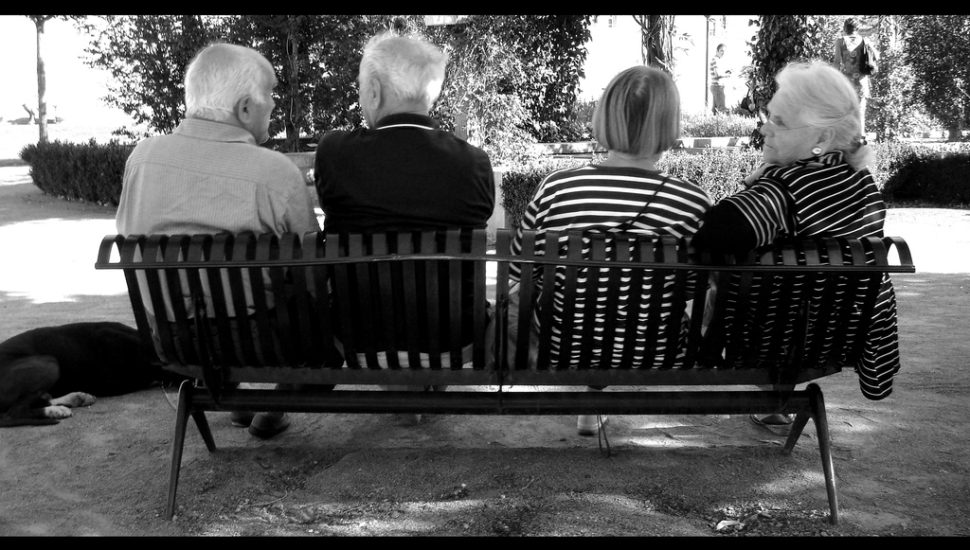The Positives and Negatives of Senior Care Options

By Brad & Dara Trout
Research by AARP finds that 90 percent of those of 65 years and older wish to live independently in their own homes for as long as possible. More recent research shows this trend continuing and is especially true for the baby boomer generation. But, the real question for seniors and their families becomes, “what is as long as possible?”
Today there are a myriad of options for senior care, and the list continues to grow with various technology solutions. As with most decisions in life, there are positives and negatives. Here are a few of those:
In-home Senior Care allows seniors to more easily live independently in their own homes by providing assistance with daily chores, meals, bathing, and getting around town.
Positives
- More cost effective than nursing facilities, especially early on when less care is needed
- Relieves family caregivers of some of the demands on their time
- Provides companionship and social stimulation in addition to chores (vs., for example, a house cleaning only company)
Negatives
- Not covered by any medical insurances (some long term care insurance will pay)
- Does not provide any medical treatment
Respite Care provides short term or emergency care when the primary caregiver is unavailable. This service often comes into play when a senior is living with their adult children who typically work and have their own family responsibilities.
Positives
- Enables family members to attend to their unexpected or planned needs to be away without worry for their loved one
- Reduces guilt by the senior of holding back their family member
- Reduces stress for everyone
Negatives
- Generally need to plan ahead (at least a few days to a week or more) to get the best solution in place
- Typically not covered by insurance except in very unusual circumstances
Continuing Care Communities (or separate facilities that offer the stages) that can provide a range of housing services and other types of care that can advance as the seniors’ needs change (e.g. from independent to assisted living and eventually to skilled nursing care).
Positives
- The best solution when round the clock care needs to be available or is expected to be needed in the near future
- Offers peace of mind knowing care is available as it becomes needed
- No longer need to think about maintaining a house and contents
Negatives
- Usually expensive, sometimes with up front fees
- Reduces sense of independence for the senior in most cases
- Requires a significant change of lifestyle which can be difficult for many seniors
No matter what the choice, there will be important decisions to make. One of the most important decisions you can do is to talk about this with your aging loved one EARLY so everyone can participate in making the decisions without the stress of time pressure!
_______
 For more information, contact Dara or Brad Trout at (610) 590-4888 or via email or visit Seniors Helping Seniors blog on senior care topics here.
For more information, contact Dara or Brad Trout at (610) 590-4888 or via email or visit Seniors Helping Seniors blog on senior care topics here.
_____
Top photo credit: Couple of Couples via photopin (license)
Connect With Your Community
Subscribe to stay informed!
"*" indicates required fields






![95000-1023_ACJ_BannerAd[1]](https://vista.today/wp-content/uploads/2023/03/95000-1023_ACJ_BannerAd1.jpg)









































